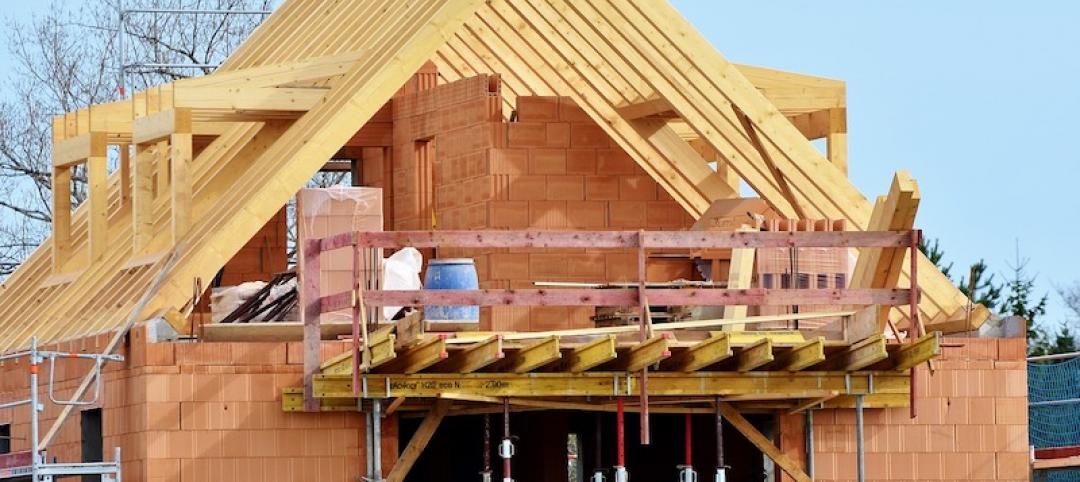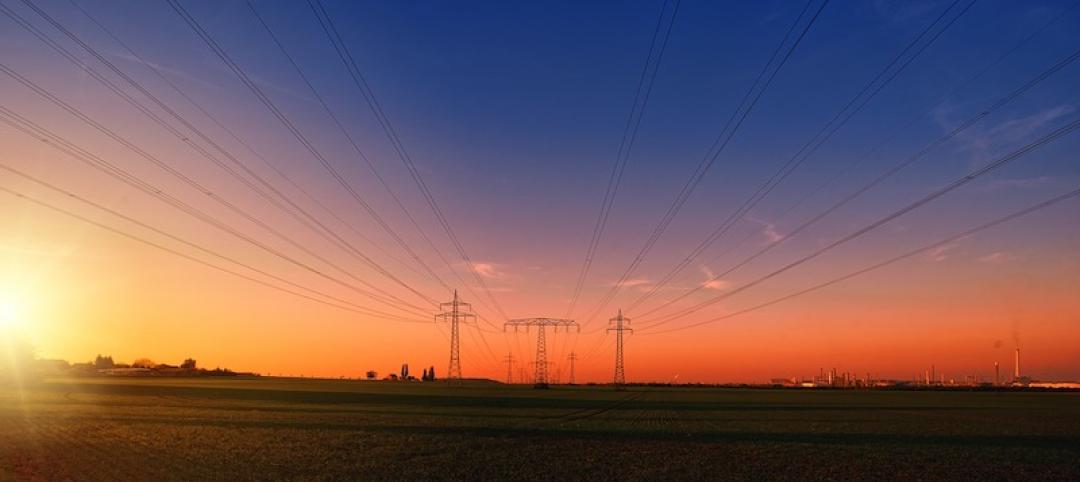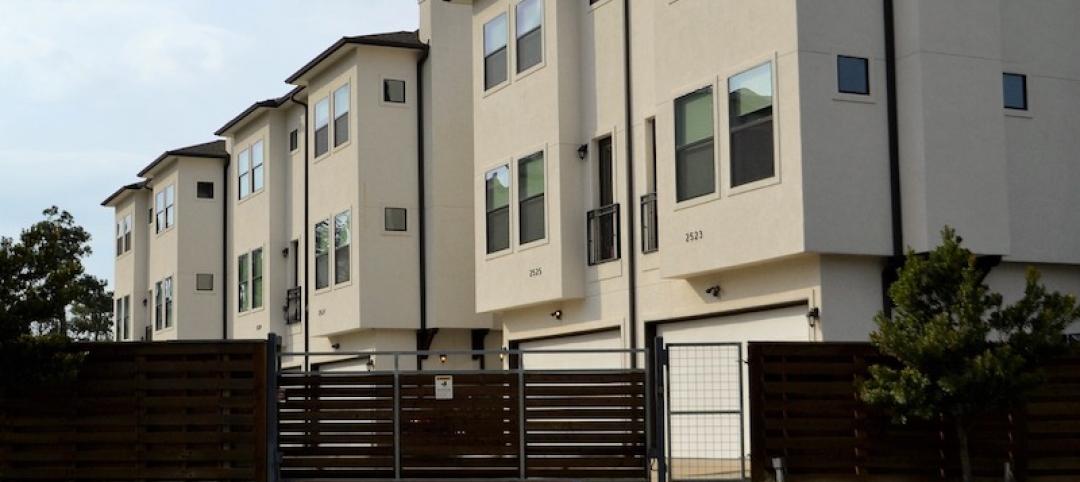Corrosion in sprinkler system piping can be a costly problem if leaks occur, causing damage to the interior of a structure, according to Matt Klaus, Principal Fire Protection Engineer with the National Fire Protection Association.
Replacing piping is no small expense, either. Corrosion can also cause blockages in the piping network, which can lead to an ineffective sprinkler system during a fire.
Corrosion can take on many forms, including oxidation, microbiologically influenced corrosion, and galvanic corrosion. The technical committees responsible for NFPA 13, Installation of Sprinkler Systems, have been looking at ways to eliminate or reduce corrosion in sprinkler systems for several revision cycles.
Reducing corrosion in dry systems can be achieved by eliminating all of the water from these systems after testing/activation and using alternative gases like nitrogen for charging these systems. For wet systems, limiting the amount of air in the system is the goal. Air trapped in pressurized sprinkler system piping results in an increase in the concentration of dissolved oxygen in the piping, enabling corrosion. Venting the trapped air in a wet system reduces this problem, so a revision to the wet system sprinkler system standard requires that a single air vent be installed for each system.
Depending upon the building geometry and sprinkler design, it is possible to trap air in many locations in the system, meaning a single vent may not be effective. Therefore, some stakeholders believe that the requirement adds cost to the property owner and the design team without any assurance that there is a long-term benefit to the system.
Related Stories
Codes and Standards | Nov 11, 2019
Major cities are adopting new building performance standards
Initiatives can include multiple standards.
Codes and Standards | Nov 11, 2019
U.S. hotel construction pipeline continues its year-over-year growth
In its eighth consecutive quarter of growth, projects currently under construction stand at 1,729 projects/235,278 rooms.
Codes and Standards | Nov 11, 2019
New retrofit design guide for metal roofing published
Metal Construction Association document provides best practices for re-roofing with metal.
Codes and Standards | Nov 8, 2019
New York City among the top hotel construction pipelines in the United States
Hotels presently under construction are at 102 projects/17,504 rooms.
Codes and Standards | Nov 7, 2019
Group focused on using AI for construction safety gains key members
Major contractors join partnership to share data to predict hazards, incidents.
Codes and Standards | Nov 6, 2019
Undisclosed ICC agreement with NAHB alleged to thwart more stringent efficiency codes
Homebuilders’ seats on ICC made it easier to block new provisions, report alleges.
Codes and Standards | Nov 4, 2019
ASHRAE releases new version of energy efficiency standard for buildings
Standard 90.1 includes revisions of envelope, lighting, HVAC provisions.
Codes and Standards | Nov 1, 2019
Resiliency of a community’s housing stock can be measured according to new benchmark
Metric can help municipalities prepare for disasters.
Codes and Standards | Oct 31, 2019
FEMA, ICC release updated guide on integrating I-Codes into floodplain management regulations
Provides advice on satisfying requirements for the National Flood Insurance Program.
Codes and Standards | Oct 30, 2019
ILFI releases new version of Living Building Challenge Framework for Affordable Housing
Document includes updated findings, case studies, new strategies for financing, designing, building affordable housing.

















